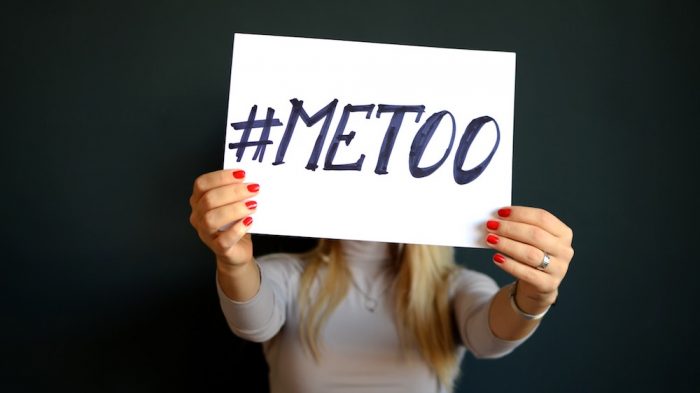Dear society,
I’ve witnessed too many responses refuting another person’s sexual assault narrative because it was not mentioned “soon enough.”
So, I’m here to unveil the perspective of those who have shared their most vulnerable and horrific experiences of sexual assault—on their own time.
I’m here to shed light on why one may not be in a rush to share such an experience.
As a sexual assault victim, I can confirm that there’s nothing to gain from having the word “victim” attached to our identity. Coming forward about abuse doesn’t make us feel beautiful, or successful, or worthy. It does not make us triumphant or provide lucrative opportunities to get ahead in life. In fact, it does the opposite.
It makes us feel guilty because there’s never “the right time” to talk about it. Telling someone about the abuse not only adds a sense of realness to it because it is now part of our narrative, but it forces us to relive it, and to revisit the images, physical and emotional feelings, and even the smells present while the acts were taking place.
The thought alone of having to revisit these memories can be enough to make us shut down and remain silent. Once we tell someone about the abuse, it automatically ties victimhood to our identity—whether we want it to or not.
It makes us feel ugly because the term “victim” insinuates a lack of strength or will. It doesn’t get us ahead or make us more valuable to society. It actually makes us feel like a burden, because we require medical or mental health services. And, once we decide to seek those services, we are forced to face demons that we never knew existed, which requires even more support. Underneath this process of healing is yet another layer of unmentioned stress—that which we’ve inadvertently shared with our closest friends and loved ones.
The assault doesn’t end when he stops forcing himself on us, or manipulating us, or taking advantage of his power. By that point it’s just the beginning of our journey to reconcile with what happened to our body and come to terms with the lasting impact of our brain’s rewiring.
We are faced with years of grappling with debilitating anxiety. We have periods of time when we feel strong and settled, followed by sudden, unpredictable emotional collapses.
Our self-worth also takes on the identity of victim. We have to work extra hard to understand our value as a whole person, rather than believe the story that has been assigned to us with the word “victim.” Our relationships require an added layer of patience, understanding, and compassion, which can be exhausting for all parties involved.
If and when these relationships have reached their limit of patience and understanding, we are forced to reconcile with how the abuse has impacted us all over again in an effort to hopefully salvage the next relationship.
So, in this tumultuous time of politicizing the voices of victims, we must remember that there’s nothing glorious to gain from having the title of “victim” attached to our identity. Even the word “victim” can feel demeaning and downright sad.
Neither telling someone about the abuse immediately after it happens, nor waiting a lifetime to say it out loud, delegitimizes the experience.
To those who have been subject to victimhood: I believe you, and you’re a survivor now.
You don’t have to be a victim any longer.
Sincerely,
Your friend, who is also a strong, beautiful, worthy survivor


 Share on bsky
Share on bsky





Read 0 comments and reply